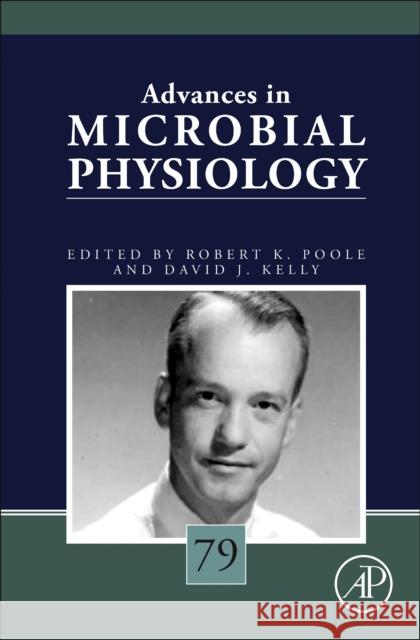Advances in Microbial Physiology: Volume 79 » książka
topmenu
Advances in Microbial Physiology: Volume 79
ISBN-13: 9780128246023 / Angielski / Twarda / 2021 / 256 str.
Advances in Microbial Physiology: Volume 79
ISBN-13: 9780128246023 / Angielski / Twarda / 2021 / 256 str.
cena 609,72
(netto: 580,69 VAT: 5%)
Najniższa cena z 30 dni: 604,74
(netto: 580,69 VAT: 5%)
Najniższa cena z 30 dni: 604,74
Termin realizacji zamówienia:
ok. 16-18 dni roboczych.
ok. 16-18 dni roboczych.
Darmowa dostawa!
Kategorie:
Kategorie BISAC:
Wydawca:
Academic Press
Seria wydawnicza:
Język:
Angielski
ISBN-13:
9780128246023
Rok wydania:
2021
Numer serii:
000042597
Ilość stron:
256
Waga:
0.51 kg
Wymiary:
22.86 x 15.24 x 1.6
Oprawa:
Twarda
Wolumenów:
01











